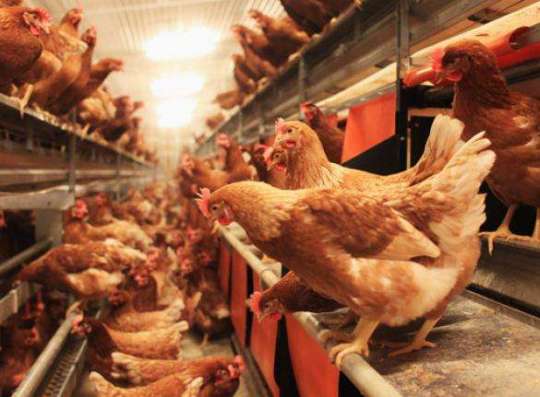Government through the Ministry of Food and Agriculture (MoFA) will soon launch phase-two of the Planting for Food and Jobs programme to stimulate the positive impacts created by the initial programme, Deputy Minister of Food and Agriculture, Yaw Frimpong Addo, has hinted.
The second phase will prioritise young people in farming and attend to the poultry sector and key cereals and grains; including corn, soya-bean and millet, and fruits such as tomato among others.
The minister spoke to B&FT and said the programme’s second phase will differ tremendously in implementation and strategy; whereby an input credit system will be adopted rather than the input subsidy mechanism that was used in the maiden programme.
Access to land by farmers will play a key role in implementation, as MoFA indicated that urgency will be given to farmers who already have their farmlands and are ready to cultivate.
Use of the aggregator system
A farmer with one acre of land and above only has to register with an aggregator to access inputs – including seeds and mechanisation services – in order to produce crops, Mr. Frimpong Addo said, adding: “All a farmer requires is the farmland, which government cannot give. The rest will be taken care of through the aggregator system – and that also include poultry production”.
It is expected that the lack of credit issue, which has become a bane to farmers and the youth, will be addressed through this new aggregator input credit system.
Indeed, agriculture stakeholders have said what has hampered youth participation in agriculture is the lack of credit.
However, this new initiative, according to MoFA, will revolutionise the agriculture sector; and not only support peasant farming but also commercial agriculture production.
Agreement with aggregators
In the coming months, MoFA will sign several agreements with viable aggregators across the country and enable them to pre-finance the arrangement while government redeems the liability to aggregators as the programme runs.
“Contracts are going to be signed between farmers and aggregators, government suppliers and insurance companies among others to make this initiative a success,” the deputy minister said.
Registration of farmers across the country
MoFA explained that full registration of farmers in the country will necessitate success for the upcoming phase-two.
“Registration of farmers has been done in the Northern Region, and COCOBOD has a register of all cocoa farmers as well. What’s left is to do a mop-up, and we are certain of capturing every farmer in MoFA’s register to enable success for the second phase of PFJ,” Mr. Frimpong Addo added.
Impact of PFJ phase-one
The value of food commodities produced under the PFJ phase-one, according to former minister Dr. Owusu Afriyie Akoto, is worth US$6.1billion from 2017 to 2022.
This, he said, was made possible after government invested some US$321million to procure seeds and fertilisers within that period.










